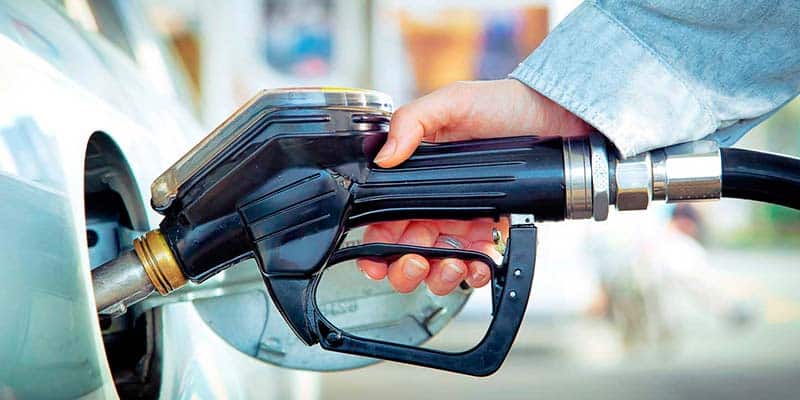The tables have been turned on militant truckers, days before a nationwide strike that threatened to plunge the country into chaos (click here).
The government has assured that ‘minimum services’ will run from 50% – 100”, meaning the impacts envisioned by syndicates are now unlikely.
Pedro Pardal Henriques – the lawyer and syndicate leader that many see as the architect of this crisis – has slammed the development as a ‘barbarity’ that will reduce the strike to one ‘in name only’.
Truckers had been pushing for minimum services of just 30%.
Hundreds of police agents and military are meantime being ‘trained’ to take over driving duties if the strike does go ahead as the clock strikes midnight on Sunday into the first hours of the new week.
Authorities have said they will be declaring “a situation of energetic crisis” – essentially to justify all the contingency plans being put in place – while the list of fuel stations remaining open has been widened, “ensuring a better coverage for the Algarve and regions within the interior”.
The 50% ‘guarantee’ refers to everyday citizens who will be limited to buying 15 litres of fuel each time they visit the pumps.
Hospitals, airports, military installations and companies transporting medication and perishable goods will qualify for 100% ‘service’, while passenger transport companies and those carrying animal feed will receive 75%.
The State’s hardline is almost certain to impel truckers to reconsider.
Pardal Henriques has told reporters the time has come to “reflect on this attack”, while fellow syndicate leader Anacleto Rodrigues has said his organisation will now concentrate on how to “challenge” the minimum services announced by the government, potentially through the European Court of Human Rights.
For a background on the nuts and bolts of this controversy, and the list of Algarve fuel stations covered by minimum services (click here).
With the next few days being crucial – in terms of last-minute ‘negotiations’ and a possible truce being declared – the ‘rush to the pumps’ has started seeing queues stretching back along roads beside fuel stations which are already struggling to meet demand.


















